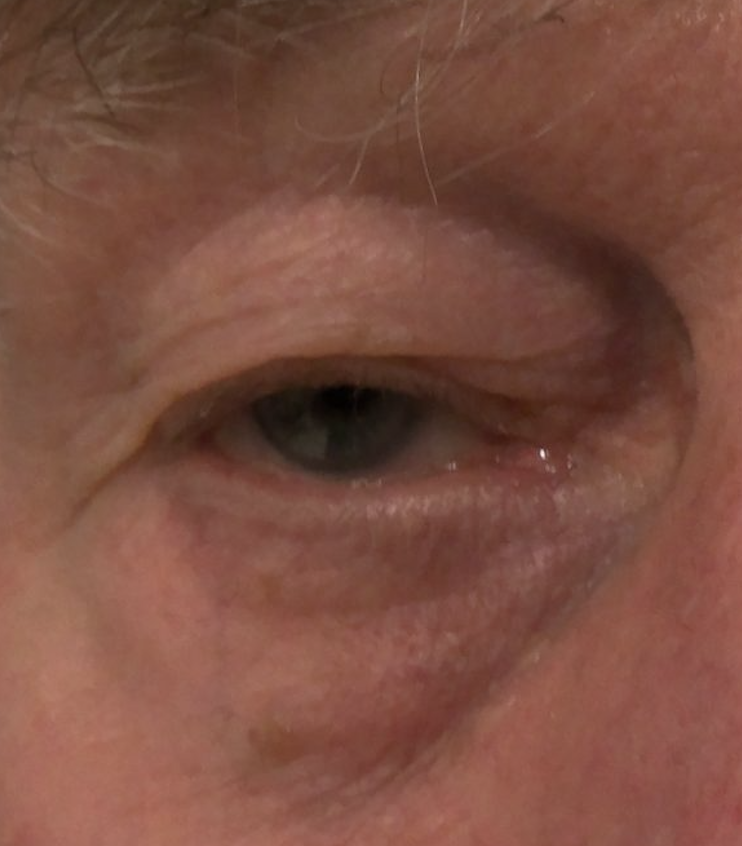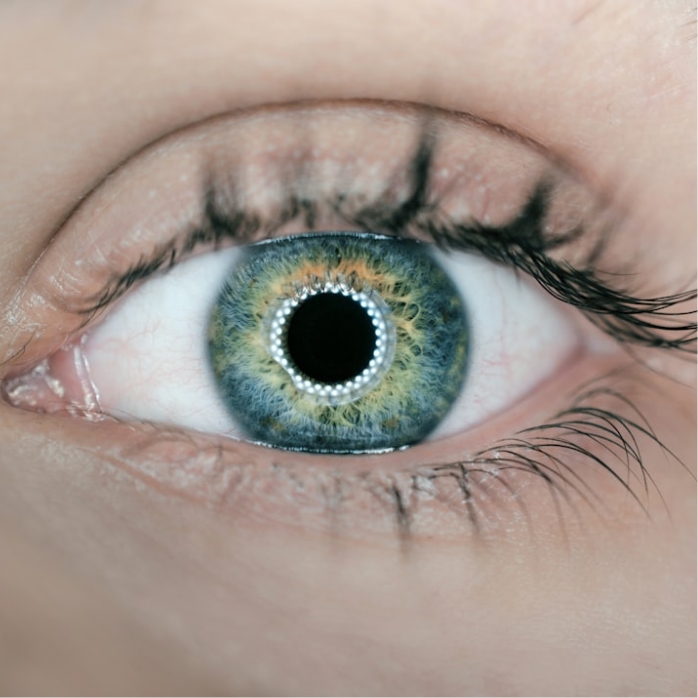Is Blepharoplasty Right for Me? A Consultant’s Perspective

Blepharoplasty, Specialist
Jul 2, 2025
•
4 mins read
As we age, the delicate skin around our eyes is often one of the first areas to show signs of wear and tear. Sagging eyelids, puffy under-eye bags, and fine lines can make us look perpetually tired, even when we’re well-rested. If you’ve been considering options to refresh your appearance, you’ve likely come across the term “blepharoplasty.” But is it the right solution for you? From a consultant’s perspective, let’s explore what blepharoplasty entails and who stands to benefit most.
What is Blepharoplasty?
Blepharoplasty, commonly known as eyelid surgery, is a surgical procedure that removes excess skin, muscle, and sometimes fat from the upper or lower eyelids. It can address:
- Loose or sagging skin on the upper eyelids that can create folds or even impair vision.
- Fatty deposits that appear as puffiness in the upper eyelids.
- Bags under the eyes.
- Drooping lower eyelids that may reveal the white below the iris.
- Excess skin and fine wrinkles of the lower eyelid.
The goal of blepharoplasty is to create a more youthful, alert, and rested appearance around the eyes, and in some cases, to improve the field of vision.
Who Typically Considers Blepharoplasty?
Patients who explore blepharoplasty often share similar concerns:
- They look tired all the time: Despite getting enough sleep, they constantly receive comments about looking exhausted.
- Vision is affected: Excess upper eyelid skin is drooping into their line of sight, particularly their peripheral vision.
- Cosmetic concerns: They are bothered by under-eye bags, dark circles caused by shadows from puffiness, or creased, sagging upper eyelids that make applying makeup difficult.
- Realistic Expectations: Crucially, they understand what the surgery can achieve and have realistic goals for the outcome.
While most patients are in their 40s or older when they consider this procedure, some individuals may develop genetic predispositions to baggy eyelids at a younger age and can also be good candidates.
A Consultant’s Perspective: Is It Right for You?
Deciding whether blepharoplasty is the right path for you involves a thorough evaluation and open discussion with a qualified consultant. Here are key points we consider:
- Your Specific Concerns: We listen carefully to what bothers you most. Is it primarily excess skin, fat pockets, or a combination? The specific issues will guide the type of blepharoplasty recommended (upper, lower, or both).
- Medical History & Eye Health: We’ll review your overall health, any medical conditions (like thyroid issues, glaucoma, dry eyes, high blood pressure), and current medications. Your eye health is paramount, and any pre-existing conditions must be carefully managed or considered.
- Skin Quality and Facial Anatomy: The elasticity of your skin, the position of your eyebrows, and the structure of your facial bones all play a role in the potential outcome. Sometimes, a brow lift might be a more appropriate or complementary procedure if eyebrow descent is contributing to the eyelid droop.
- Realistic Expectations: This is perhaps the most critical aspect. Blepharoplasty can significantly rejuvenate the eye area, but it won’t erase all wrinkles, lift the entire face, or change the shape of your eyes. A good candidate understands the limitations and aims for improvement, not perfection. We’ll show you before-and-after photos of other patients to help set these expectations.
- Motivation for Surgery: Is your desire for surgery coming from within, or are you feeling external pressure? A strong personal motivation for self-improvement is key to patient satisfaction.
- Recovery Commitment: While recovery is generally manageable, there will be some bruising and swelling. You’ll need to commit to following post-operative care instructions carefully for the best results.
The Importance of a Specialist Consultation
The only way to truly determine if blepharoplasty is right for you is through a comprehensive consultation with a board-certified plastic surgeon or an oculoplastic surgeon. During this meeting, the consultant will:
- Examine your eyes and facial structure.
- Discuss your aesthetic goals.
- Explain the surgical process, potential risks, and expected recovery.
- Address any questions or concerns you may have.
- Recommend the most suitable approach for your individual needs.
Blepharoplasty is a highly personalized procedure. What’s right for one person may not be for another. By engaging in an honest and open dialogue with an experienced consultant, you can make an informed decision that aligns with your health, your goals, and your overall well-being.
